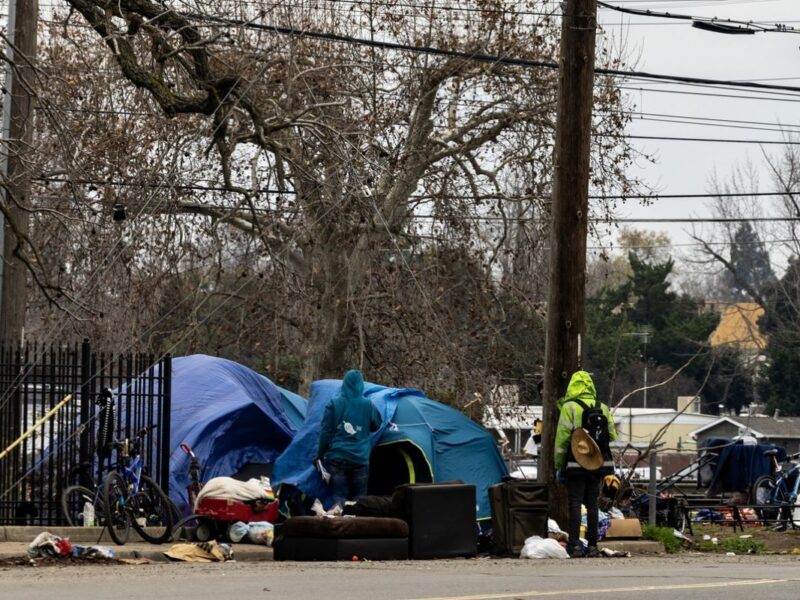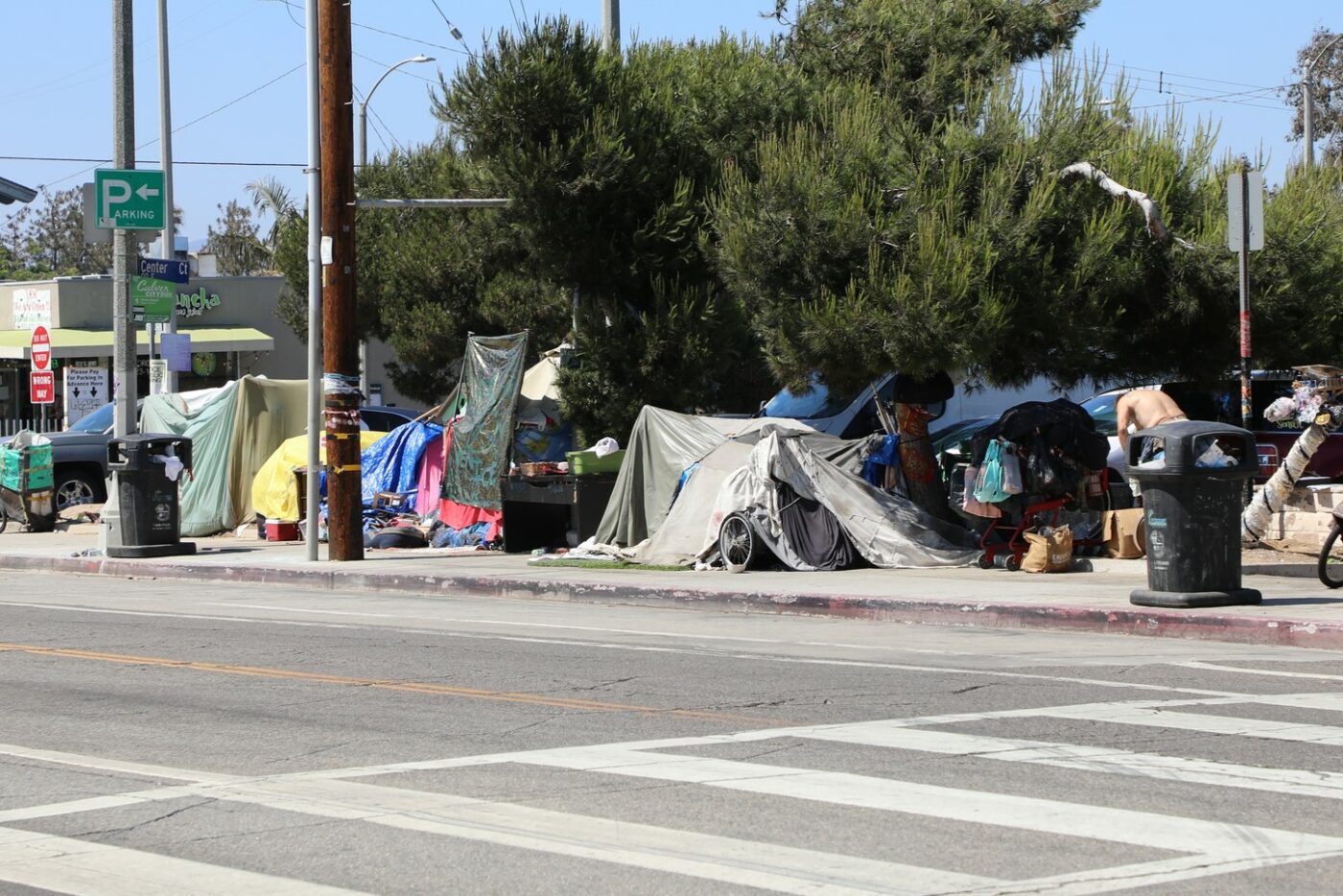California is home to nearly 30% of the nation’s unhoused, but it is also home to even more harmful myths about homelessness. You’ve probably heard them before: The homeless are lazy, uneducated, and don’t want housing.
A new study from the University of California San Francisco does a lot of heavy lifting to dispel these myths. It found that most people who are unhoused in California lost their homes because they couldn’t afford their rent. They were also unaware of the programs and services available to them. Plus, the trauma they suffered while on the streets was a factor that kept them from leaving the streets behind.
“The results of the study confirm that far too many Californians experience homelessness because they cannot afford housing,” UCSF Director of the Benioff Homelessness and Housing Initiative Margot Kushel said. “Through thousands of survey responses and hundreds of in-depth interviews, the study’s findings reflect the incalculable personal costs of homelessness.”
California has long been considered the epicenter of the U.S. homelessness epidemic.
The state is home to more than 170,000 unhoused folks and nearly half of the nation’s unsheltered homeless. It also suffers from severe income inequality and a lack of affordable housing.
As previously documented on Invisible People, the visibility of homelessness in California is one of the biggest drivers of the public’s perception of the issue. More than 56% of respondents to an Invisible People survey in 2020 said they learn about homelessness from what they see on the streets and on local television news stations, which often focus their reporting on unsheltered populations.
At the same time, more than 74% of the public views addiction or mental health issues as the leading causes of homelessness. These myths have been used in the fight against Housing First and other solutions that place unhoused folks into stable shelter before they receive other services or health care.
However, the UCSF study found evidence that those myths are unfounded.
For instance, respondents reported having a median income of about $960 in the months leading up to their homelessness. This suggests that they were working at least part-time but ended up on the streets because they could not afford rent.
Another two-thirds of participants reported experiencing mental health symptoms. Another third of respondents said they had experienced sexual or physical violence during their episode of homelessness. This suggests that mental health and trauma can increase the likelihood of someone experiencing homelessness, but they do not guarantee it.
Another myth the study dispels is that people come from out of state to live in their cars or reside on California streets. In fact, the study found that 90% of the unhoused people in California are Californians, and 75% of the participants live in the same county as they were when they were last housed.
“Having experienced homelessness firsthand, I vividly recall the relentless fight for survival, the pervasive shame that haunted me, and my unsuccessful endeavors to overcome homelessness on my own,” Claudine Sipili, a member of the study’s Lived Experience Board, said in a press release. “The study holds great significance for me because it aims to provide a more comprehensive understanding of homelessness.”
The study also makes several policy recommendations for California officials to address homelessness.
One of the largest recommendations is to increase access to affordable housing for extremely low-income households.
In September 2022, Gov. Gavin Newsom released a plan to spend about $1 billion to build more than 2,755 new homes in California, which is an average cost of about $372,000 per home. But that plan pales in comparison to the state’s shortage of affordable homes for extremely low-income households.
The National Low Income Housing Coalition’s 2023 The Gap report found that California has a shortage of nearly one million homes for people earning 30% of the state’s median income or less.
Another policy recommendation is to expand targeted solutions to homelessness, such as financial support or legal assistance. Service providers should also increase outreach and service delivery efforts to meet the needs of unsheltered folks, according to the study.
“As we drive toward addressing the health and housing needs of Californians experiencing homelessness, this study reinforces the importance of comprehensive and integrated supports,” California Health and Human Services Secretary Mark Ghaly said. “California is taking bold steps to address unmet needs for physical and behavioral health services, to create a range of housing options that are safe and stable, and to meet people where they are at.”
How You Can Help
Now is not the time to be silent about homelessness in California or anywhere else. Unhoused people deserve safe and sanitary housing just as much as those who can afford rent or mortgage.
Poverty and homelessness are both policy choices, not personal failures. That’s why we need you to contact your officials and tell them you support legislation that:
- Streamlines the development of affordable housing
- Reduces barriers for people experiencing homelessness to enter permanent housing
- Bolsters government response to homelessness
Together, we can end homelessness.











